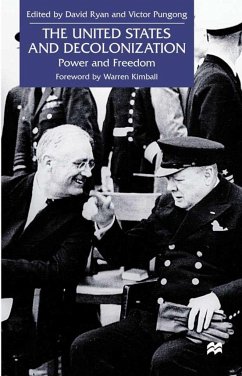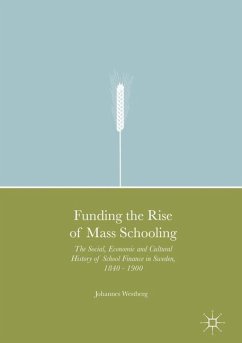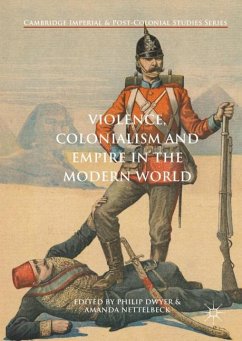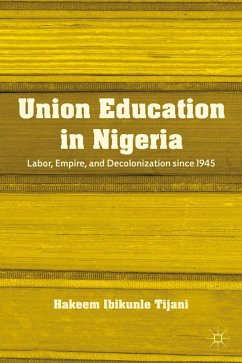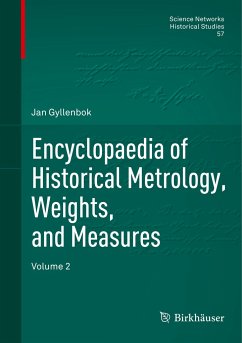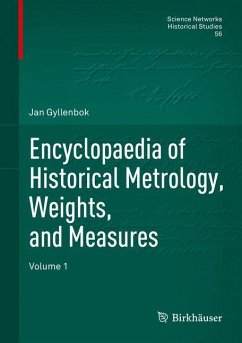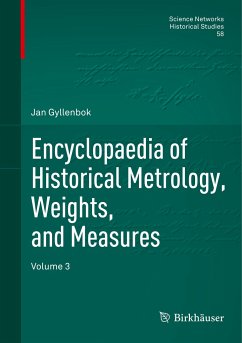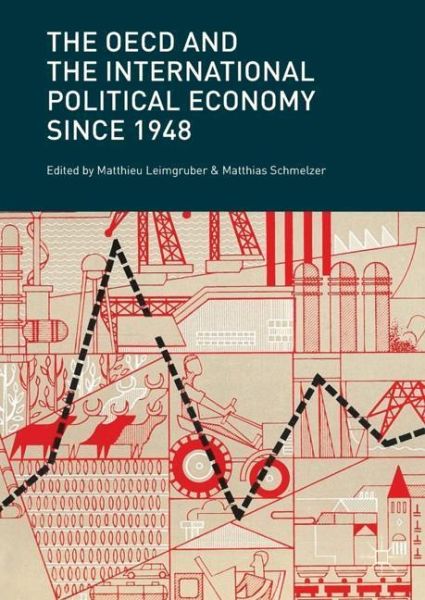
The OECD and the International Political Economy Since 1948

PAYBACK Punkte
49 °P sammeln!
This book explores the history of the Organization for Economic Co-operation and Development (OECD) and its place within capitalist development. Since 1948, the OECD and its forerunner, the Organization for European Economic Cooperation (OEEC) worked on almost every subject of interest to national governments ranging from economic growth to education (PISA rankings), statistics, to the environment. With varying success the OEEC/OECD thus played a key role as a warden of the West and of capitalist development. However, it has remained one of the least understood international organizations. Bri...
This book explores the history of the Organization for Economic Co-operation and Development (OECD) and its place within capitalist development. Since 1948, the OECD and its forerunner, the Organization for European Economic Cooperation (OEEC) worked on almost every subject of interest to national governments ranging from economic growth to education (PISA rankings), statistics, to the environment. With varying success the OEEC/OECD thus played a key role as a warden of the West and of capitalist development. However, it has remained one of the least understood international organizations. Bringing together a number of case studies by scholars from around the world, this first source-based volume on the history of the OEEC/OECD in global governance offers not only a new understanding of the Organization's key areas of activities, but also its multiple relations to member states, other international organizations, and private networks. The volume thus critically re-examines postwar international history, most importantly decolonization and the Cold War, through the prism of one international organization in its various contexts.






